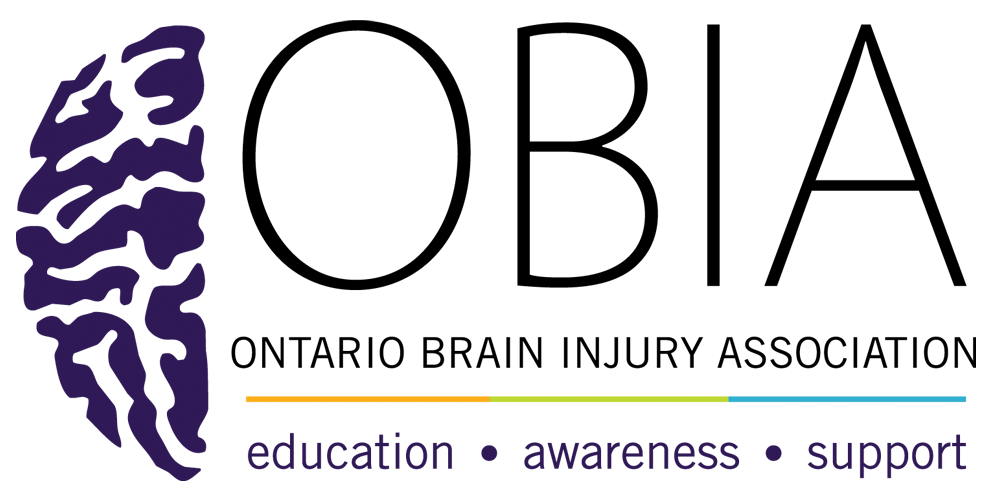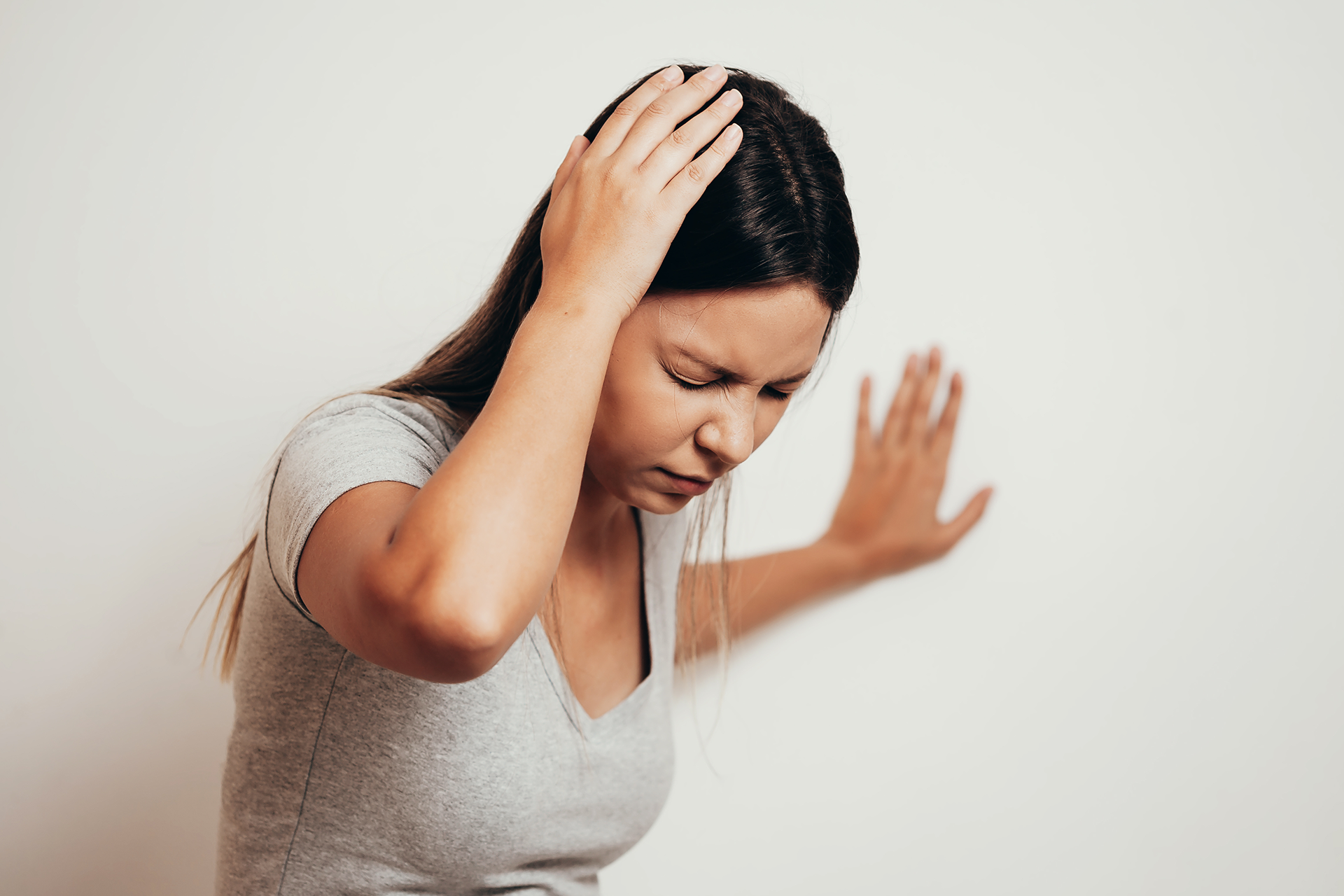Quick Facts
-
- Balance difficulties can be a result of vision or vestibular impairment
- Dizziness can include other symptoms like vertigo (i.e. feeling that you or things around you are moving), feeling light headed and imbalanced
- Common following all severities of brain injury
What does it
look like?
-
- Difficulty getting up from a chair, getting out of a vehicle, and standing on a bus
- Difficulty lifting heavy objects
- Trouble navigating between objects (e.g. walls, store aisles)
Possible Causes and Complications
Possible causes:
-
- Medications or a drop in blood pressure when standing/sitting
- Inner ear problems, sensory changes, poor vision, darkness
- Mental health disorders such as anxiety or depression
- An injury to the area of the brain that manages motor and movement
- Memory problems can have the person forget to eat/drink causing dizziness
- Balance may become worse when an individual is tired
What can we do?
Prevent falls:
- Make their home safe by removing rugs and clearing pathways
- Have someone there to help as much as possible
Develop compensatory strategies:
- Place handles and supports around the house
- Use cane, crutches or a walking frame
- Avoid uneven floors, sudden movement of head or eyes
- Use directional lighting at night and glow in the dark stickers on switches and handles
- Provide help getting around in dark locations (e.g. theatre), use a small flashlight or an app on a cell phone
- Keep a “balance diary” to identify triggers to dizziness and balance problems
Disclaimer: This information is not meant to replace advice from a medical doctor. Consult a health care provider regarding specific medical concerns or treatment.

